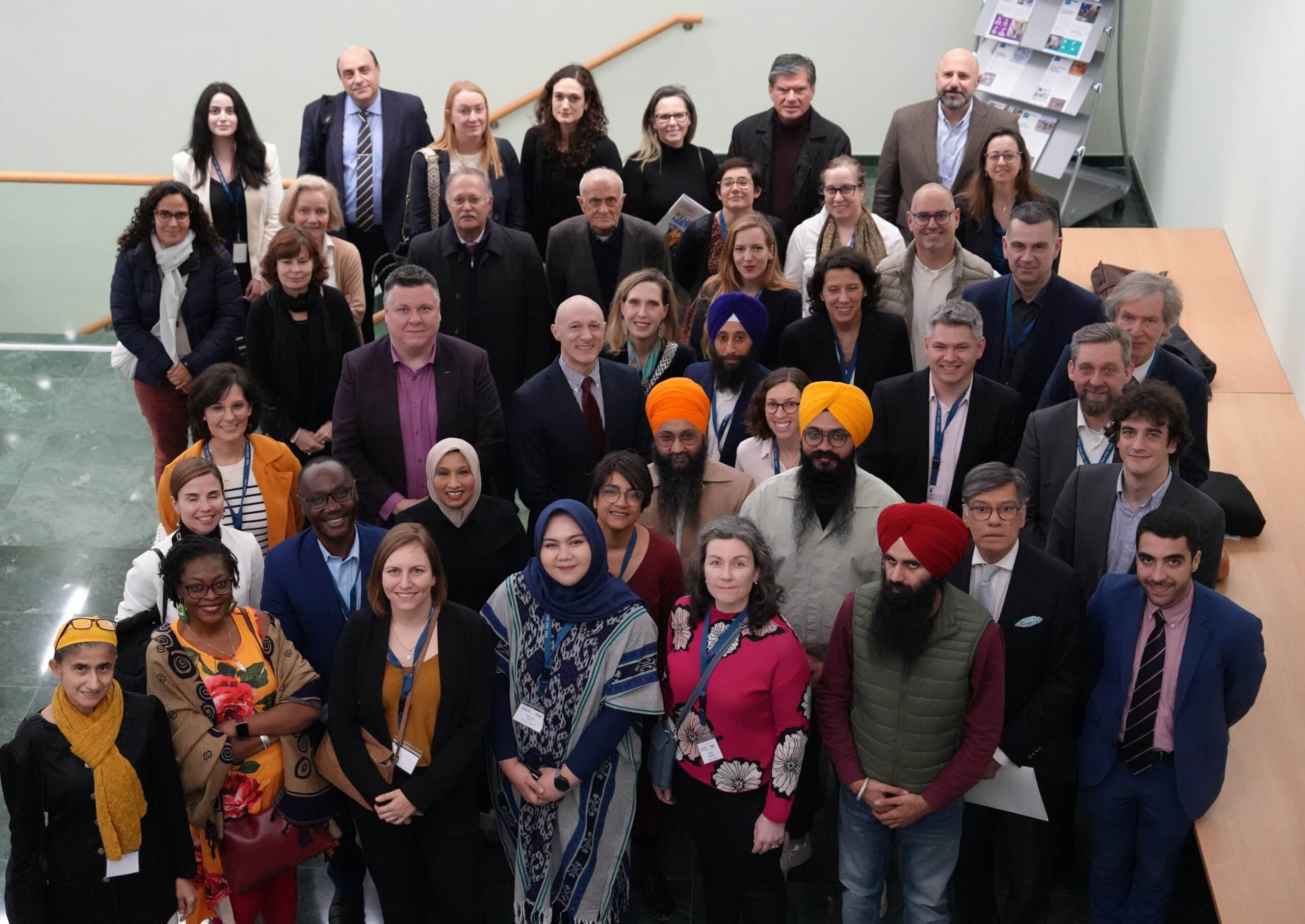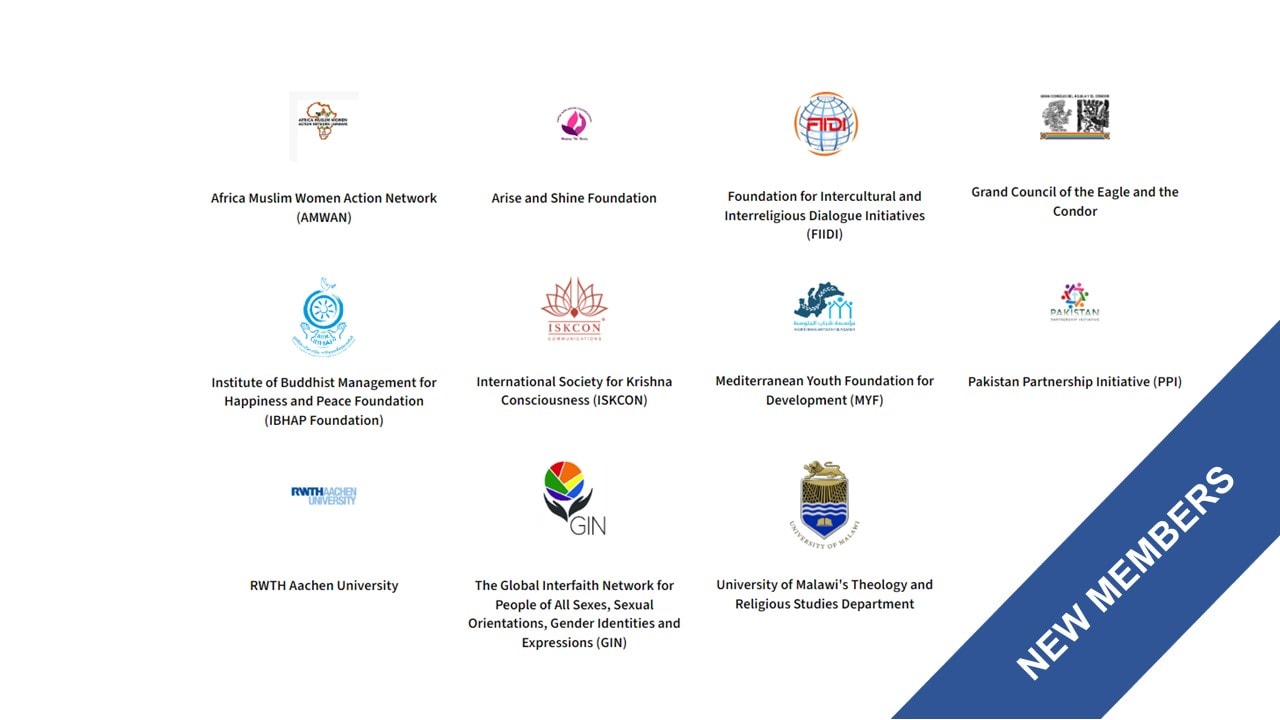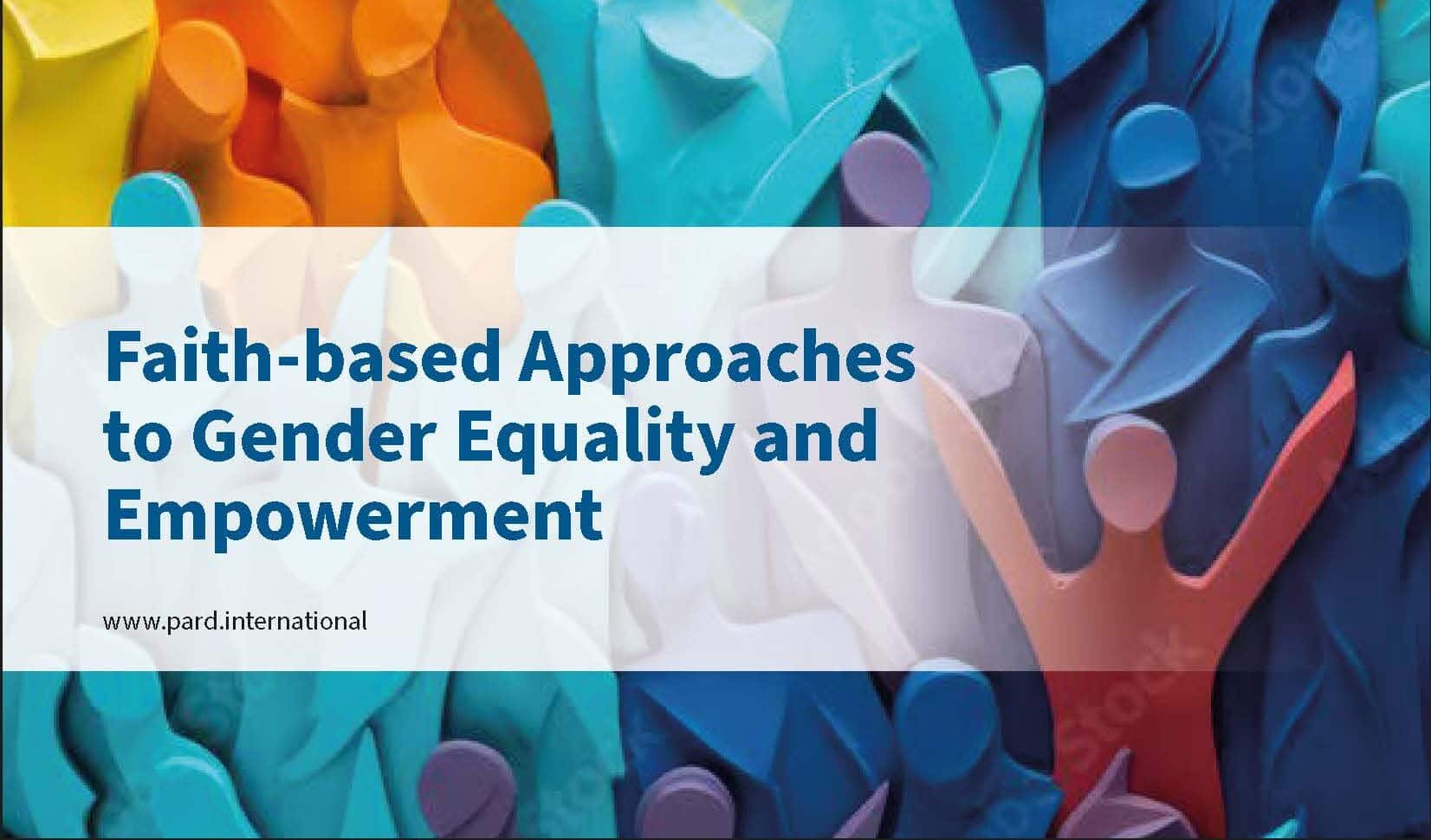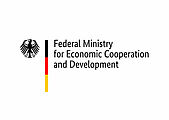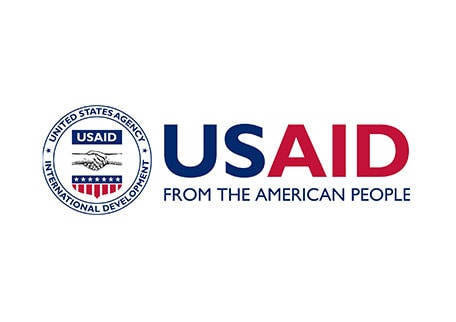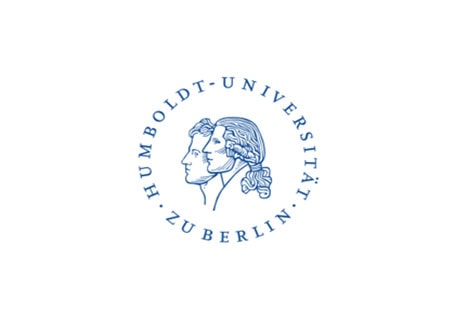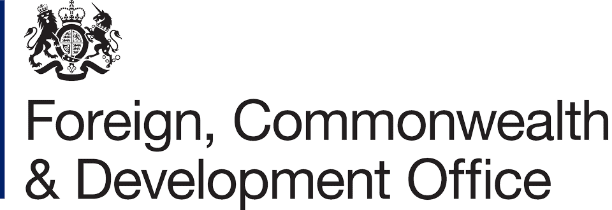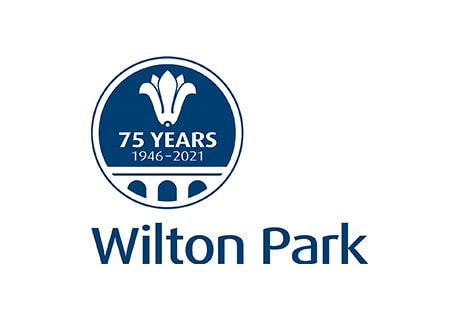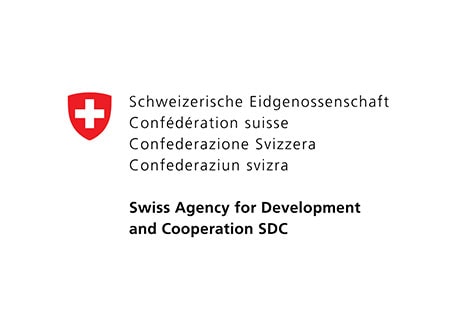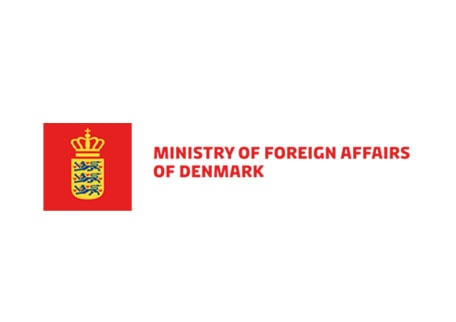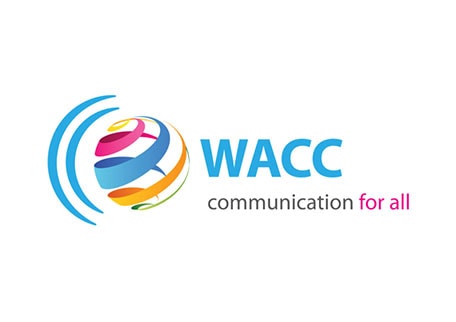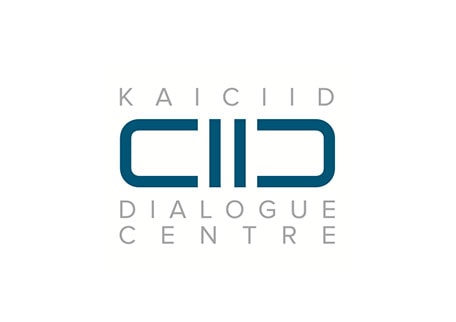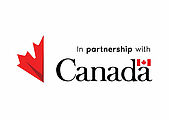
It was a spontaneous move, as representatives from Buddhist, Christian, Hindu, Jewish, Muslim, and Sikh faiths and Indigenous traditions grasped each other’s hands, and proudly raised them together at the opening of the International Partnership for Religion and Sustainable Development (PaRD)’s Annual Forum. What united them is what also separates them in the eyes of many people – their belief, their spirituality, their religion, their tradition. But their actions sent a strong message: We are united in diversity, and we are stronger together.
“Bhinneka Tunggal Ika, or ‘Unity in Diversity’ is Indonesia’s national motto,” Khushwant Singh, Head of the PaRD Secretariat, explained in his opening speech at the Annual Forum. Singh described Bali, where the event took place from 31 October to 3 November, as a place where people strive for harmony – exemplifying the motto, which also applies to PaRD. Singh said, “This partnership is about ‘Unity in Diversity’. Its diverse members are united as they get a space for complementing and inspiring each other on a long-term basis at equal levels. So, it is no surprise that the PaRD leadership chose Bali for the Annual Forum during a time when G20 meetings are happening here.” He also spoke about the importance of developing a circular understanding of life and the need to unlearn linear and growth-oriented thinking to tackle the human-made climate crisis.
The need to involve religious, faith and Indigenous actors to achieve the Sustainable Development Goals (SDGs) and protect the climate, was stressed by H.E. Yaqut Cholil Qoumas, the Indonesian Minister of Religious Affairs (MoRA), during his official keynote speech. “Religion is a universal source of good. It is needed to solve the global challenges we are facing,” the minister said.
Climate Action Urgently Needed
Being “United in Diversity” and knowing that we are stronger together is crucial for addressing humanity’s greatest challenge: the climate crisis. As the October 2022 report of the UN Environment Programme states, the only pathway to limiting global warming to an increase of 1.5°C is an “urgent system-wide transformation” to cut greenhouse gas emissions by 45 per cent by 2030. The consequences of the climate crisis are already enormous with dramatic impact especially on future generations, shown by these examples from the emissions gap report:
- Policies currently in place with no additional action are projected to result in global warming of 2.8°C during this century with massive tree deaths, bleaching of coral reefs, sharp declines in marine and ice-dependent species, and mass deaths from heat waves.
- Remaining natural ecosystems are at risk, with deforestation related to food systems resulting in up to 289 million hectares of tropical forest being cleared by 2050. This brings dramatic impacts on biodiversity and health, especially Indigenous Peoples, children, and women.
- Improved food distribution and more sustainable use of resources is essential in halting the climbing numbers of people experiencing hunger worldwide. Approximately 828 million people, made up of mostly women and marginalised groups, were affected by hunger in 2021, with that number set to rise due to inflation and energy prices.
From Promises into Reality: 6 Recommendations
The overall picture that emerged from PaRD’s Annual Forum shows how important it is to walk the talk. Here are 6 key recommendations for decision makers working on achieving the SDGs:
- ACTIVE ENGAGEMENT IN INTERNATIONAL NETWORKS: It is important that governments not only become formal members of international multi-stakeholder partnerships such as PaRD but that they actively engage. This allows for the development of targeted policies and action, sharing of information and lessons learned. It is also a way to rapidly engage with other stakeholders from countries around the world, creating the trust needed for joint action. It is also important for existing government members of PaRD to consciously foster involvement of governments and local actors from the Global South, which is disproportionately affected by climate change.
- ELEVATE AND FOSTER GENDER TRANSFORMATIVE ACTION: Women must be recognised as agents for change, and must continue to be elevated, resourced, and included in decision-making spaces for climate action. Women are often rooted in communities, particularly women of faith, and are key to responding to climate crises. Due to their potential as faith-based actors to foster behavioural change at the individual and community level, they are also key in transforming social norms, including those related to gender. Public and political recognition can help shine a spotlight on the importance of addressing gender inequalities in climate action, and recognising the diverse roles in which women contribute to politics, women-led community initiatives, and partnerships.
- IMPACT OF CLIMATE CRISIS ON POOREST AND MORE MARGINALISED: Efforts toward a consistent inclusive approach to development policy are needed to help ensure the needs of the poorest and most marginalised populations, the majority of which are women and young people. Civil society groups, Indigenous Peoples and the younger generations are integral to the formulation of inclusive development policy and programmes, and as such, stakeholders from all constituencies, including religious, faith-based or Indigenous actors, also within PaRD have a responsibility to create and maintain inclusive and diverse spaces for those most impacted by the climate crisis.
- ENABLING YOUTH TO BE GREATER AGENTS OF CHANGE: There is a need to better support and engage youth-centred initiatives, which bring together different faith perspectives on climate adaptation and address the root causes and effects of the human-made climate crisis. This can be done through financial support or providing conducive frameworks for the youth to meet and engage with one another and policy makers to channel their action, and publicly recognising youth climate action endeavours. Youth energy, when harnessed, strengthened, and directed, is critical for ensuring youth are increasingly acknowledged as agents of change.
- MULTI-STAKEHOLDER ENGAGEMENT: Governments, multilateral organisations, academics, religious, faith and Indigenous actors need to engage in conversations and partnerships more systematically to ensure a whole-of-society and interdisciplinary approach to addressing the climate crisis. A key factor here is the meaningful inclusion of Indigenous Peoples from which many stakeholders have much to learn about human relationships with nature and each other. Meetings and exchanges should happen frequently to foster the development of inclusive multi-stakeholder partnerships and to better focus on actioning recommendations. This can be done through the provision of safe spaces, convening meetings on and offline, and inviting new actors to participate.
- FREEDOM TO ACT: Freedom of religion and belief needs to be fostered and protected to ensure that faith actors, who often play a critical role in climate mitigation and are usually the first responders in crisis situations can assemble and address the needs of populations most affected by climate change.
Religious, Faith and Indigenous Actors are Key Players for Sustainable Development
The six recommendations are based on intensive discussions during PaRD’s Annual Forum on “Faith and Partnerships in Addressing the Climate Crisis”, where more than 160 participants, including policy makers, religious and faith groups, Indigenous Peoples, academics, and grassroot activists, from around 35 countries came together. Prof. Dr. Kamaruddin Amin, Director General of Islamic Community Guidance, Indonesian Minister of Religious Affairs (MoRA), stated, “People see religious leaders as role models as well as behaviour references.” MoRA was a cooperation partner of the PaRD Annual Forum 2022.
We Have to Act Now to Protect Mother Earth
A central theme of the Annual Forum was that the climate crisis affects us all. Only together, in cooperation with religious, faith and Indigenous actors, can we confront it. These groups have an enormous influence on how people behave towards nature and have often already internalised many positive approaches to “heal the world”. But the key to moving forward is to act now. “We focus so much on the next few years, ten years, but that seems far away. Every day we are losing time”, argued Mercy Munene, PaRD Steering Group member and Core Team Member with the Catholic Youth Network for Environmental Sustainability in Africa (CYNESA). She pointed out that youth are facing a lot of challenges, for example in terms of employment, and are experiencing the worst of the climate crisis.
Prof. Anne Poelina, Co-Chair of Indigenous Studies Nulungu Research Institute, University of Notre Dame Australia – and one of more than 70 speakers at the 41-session event – found memorable words: “Climate change is climate chaos. We cannot go on like this.” She urged the world to give a voice to the muted and use the wisdom also of Indigenous Peoples to rebuild the world. Peter Prove, PaRD Steering Group member and Director of International Affairs at the World Council of Churches, echoed the need for prompt action in an appeal to participants: “Immediate emission reductions are needed to combat climate change by 2030. It is important to engage religious actors in this moral and ethical responsibility all people have to achieve this goal.”
A plenary session on “ramping up contributions of religious actors to respond to the climate emergency” included speakers from religious and faith actors as well as from the UN and the Intergovernmental Panel on Climate Change (IPCC). Dr Ian Fry, UN Special Rapporteur for protection of Human Rights in context of Climate Change said, “Tragically there is a disconnect between those who are most vulnerable to the impacts of climate change and those who are represented today in the decision-making processes to combat climate change.” He explained that religious actors play a vital role due to having, “strong connection with communities, particularly those most affected as well as with decision making bodies. I rely on ongoing dialogues with FBOs to keep me informed.”
Prof. Debra Roberts, co-chair of working group-II of the IPCC 6th assessment report, cautioned us that, “Our current emission levels are highest in human history, and we are not on track to limit global warming to 1.5 degrees Celsius. If we continue business as usual, we could very well cross 3 degrees Celsius. This could mean in some regions the temperature increase could be much higher and practically can become unliveable”. On adaptation measures she stated, “Climate finance is the key and currently 90% of finance is going to mitigation and not to adaptation in developing countries. Faith communities are huge agents of change and have a unique opportunity to mobilise and scale up to influence the policy and action to address climate change.”
The Climate Crisis is a Human Crisis
Governments Recognise the Role of Religious, Faith, and Indigenous Actors and the Importance of Freedom of Religion and Belief
During his address the Italian Special Envoy for the Protection of Freedom of Religion or Belief and for Interreligious Dialogue, Dr Andrea Benzo, pointed out the difficulties faced by religious actors: “To play a meaningful role in advancing the Sustainable Development Goals (SDGs), religious or belief actors and communities need to be granted their right to organisational autonomy and to be able to operate without any undue restriction. At the same time, people need to be protected from any discrimination on grounds of religion or belief if they are to be both enablers and beneficiaries of sustainable development. Religious actors are both protectors and beneficiaries of Freedom of Religion and Belief (FoRB).”
Climate Crisis is a Cross-Cutting Topic
During the Annual Forum, it became clear that the climate crisis is not just about nature, the environment, water, and waste. It is about sustaining peace, it is about health, it is about freedom – the climate crisis not only affects all people, but it also affects all levels of coexistence. The climate crisis also impacts gender equality, inclusion, and diversity. “It’s time we mobilise faith actors to speak with one voice and to move in the nexus of environment and gender”, argued Ann Kioi, Programmes Development and Fundraising Officer at All Africa Conference of Churches (AACC).

